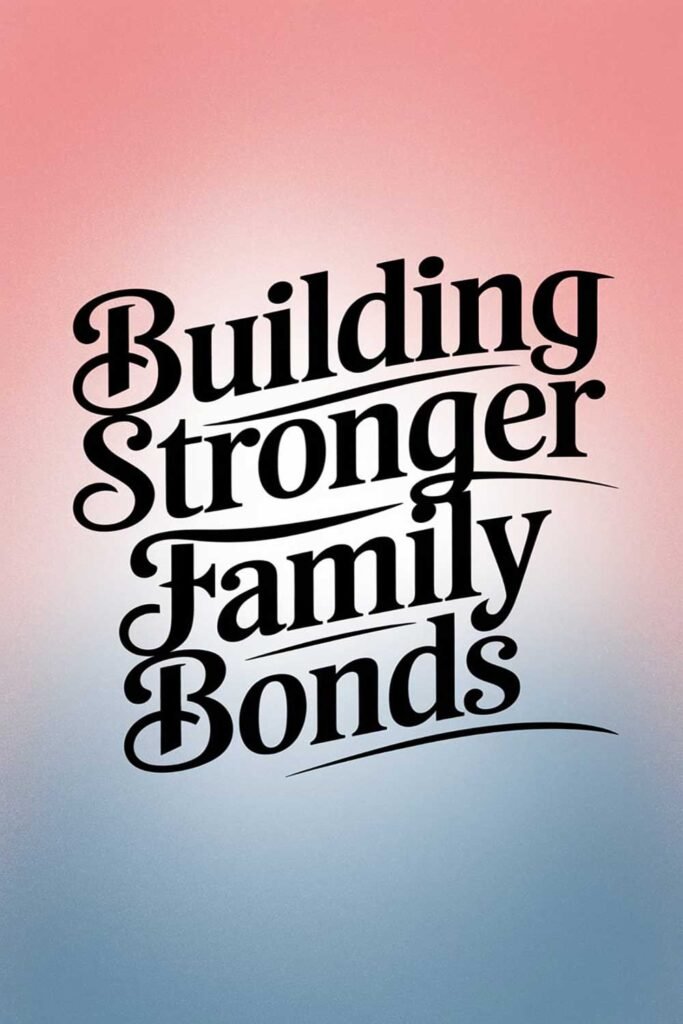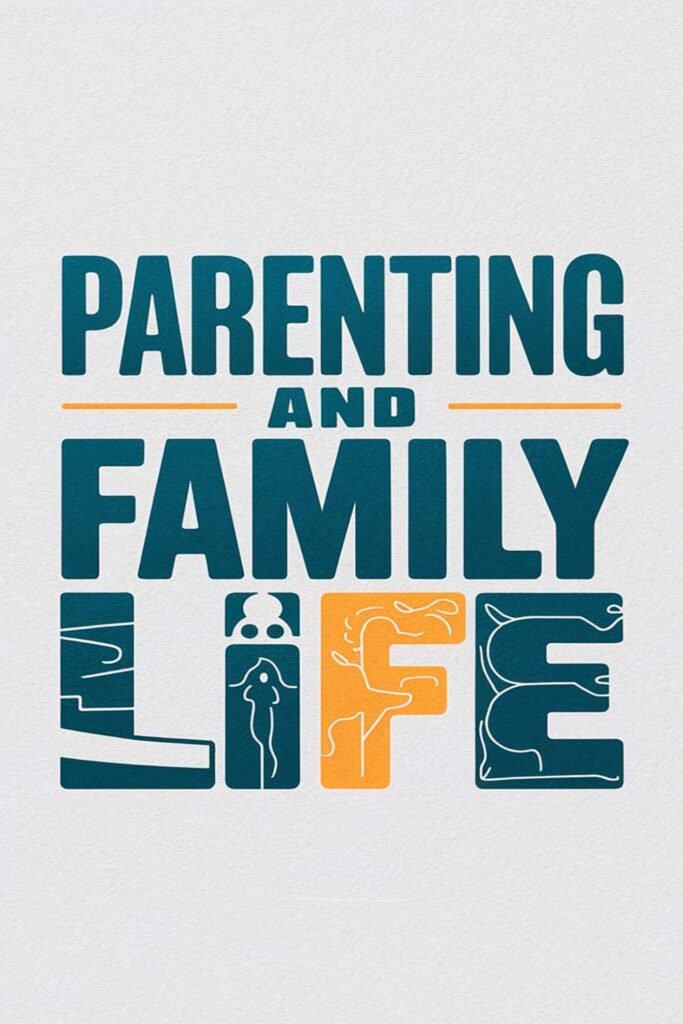Tips for Teaching Kids About Healthy Boundaries
Teaching children about healthy boundaries is essential for their emotional well-being, self-respect, and ability to build positive relationships. When kids understand boundaries, they learn how to advocate for themselves, respect others, and navigate social situations with confidence. Here are practical strategies for helping kids develop a strong sense of personal boundaries.

Why Teaching Healthy Boundaries Matters
- Promotes Self-Respect: Children learn to value their own feelings and needs.
- Encourages Respect for Others: Kids develop empathy and understand the importance of respecting others’ space and limits.
- Builds Emotional and Social Skills: Knowing boundaries helps children navigate friendships and social interactions with confidence.
- Prevents Manipulation and Exploitation: Teaching boundaries empowers children to recognize and respond to unhealthy or unsafe situations.
Strategies for Teaching Kids About Healthy Boundaries
1. Explain What Boundaries Are
- Use simple language to define boundaries as personal rules about how people can treat us.
- Give examples, such as “Your body belongs to you, and no one should touch you without your permission.”
- Discuss different types of boundaries: physical, emotional, and social.
2. Model Healthy Boundaries
- Set and enforce your own boundaries to demonstrate respect for yourself.
- Show your child that it’s okay to say no to things that make you uncomfortable.
- Respect your child’s boundaries to reinforce that they are valid and important.
3. Encourage Kids to Express Their Feelings
- Teach children that their feelings are important and should be acknowledged.
- Encourage open discussions about how different interactions make them feel.
- Help them understand that setting boundaries is not mean, but necessary for self-care.
4. Teach Kids to Say No with Confidence
- Practice role-playing situations where they need to assertively say no.
- Reinforce that they don’t need to give a reason for saying no.
- Let them know that their boundaries are valid even if others don’t agree.
5. Respect Their Personal Space
- Avoid forcing hugs, kisses, or other physical interactions.
- Encourage kids to decide how they want to express affection.
- Teach them that they have the right to decline physical contact at any time.
6. Discuss Consent and Respect
- Explain that asking for permission is important in all relationships.
- Teach them to recognize when others are uncomfortable and to respect their limits.
- Reinforce that consent applies to both words and actions.
7. Set Clear Family Rules About Boundaries
- Establish house rules about respecting each other’s space and possessions.
- Discuss privacy, such as knocking before entering a room.
- Encourage them to advocate for their boundaries with siblings and friends.
8. Help Them Identify Unsafe Situations
- Teach kids to trust their instincts when something feels wrong.
- Discuss different scenarios where they might need to enforce boundaries.
- Encourage them to seek help from a trusted adult if their boundaries are not respected.
9. Praise and Reinforce Healthy Boundary-Setting
- Acknowledge and celebrate when your child asserts their boundaries.
- Offer positive reinforcement when they respect others’ boundaries.
- Encourage them to continue practicing boundary-setting skills.
10. Teach the Difference Between Healthy and Unhealthy Boundaries
- Help kids understand that boundaries should be mutual and respectful.
- Explain that healthy boundaries create a sense of safety and comfort.
- Discuss examples of unhealthy boundaries, such as manipulation or guilt-tripping.
Inspirational Quotes on Boundaries and Respect
- “No is a complete sentence.” – Anne Lamott
- “Boundaries are a part of self-care. They are healthy, normal, and necessary.” – Doreen Virtue
- “Daring to set boundaries is about having the courage to love ourselves, even when we risk disappointing others.” – Brené Brown
- “You teach people how to treat you by deciding what you will and won’t accept.” – Tony Gaskins
- “Children need boundaries to feel safe, not to feel controlled.” – Dr. Laura Markham
- “Self-respect, self-worth, and self-love all start with setting boundaries.” – Unknown
- “Respect yourself enough to walk away from anything that no longer serves you, grows you, or makes you happy.” – Robert Tew
- “Setting boundaries is a way of caring for myself. It doesn’t make me mean, selfish, or uncaring. It makes me honest.” – Christine Morgan
- “When we fail to set boundaries and hold people accountable, we feel used and mistreated.” – Brené Brown
- “Healthy boundaries are not walls. They are the gates and fences that allow you to enjoy the best of relationships.” – Unknown
Picture This
Imagine your child confidently expressing their needs and standing up for themselves in social situations. They know when to say no, how to ask for space, and how to respect the boundaries of others. They grow up understanding that their feelings matter, that self-respect is a priority, and that healthy relationships are built on mutual respect. With every interaction, they become more empowered, secure, and self-assured in setting the boundaries that keep them safe and happy.
Please Share This Article
If you found this article helpful, please share it with parents, caregivers, or educators. Teaching kids about healthy boundaries helps create a generation of confident and respectful individuals.






